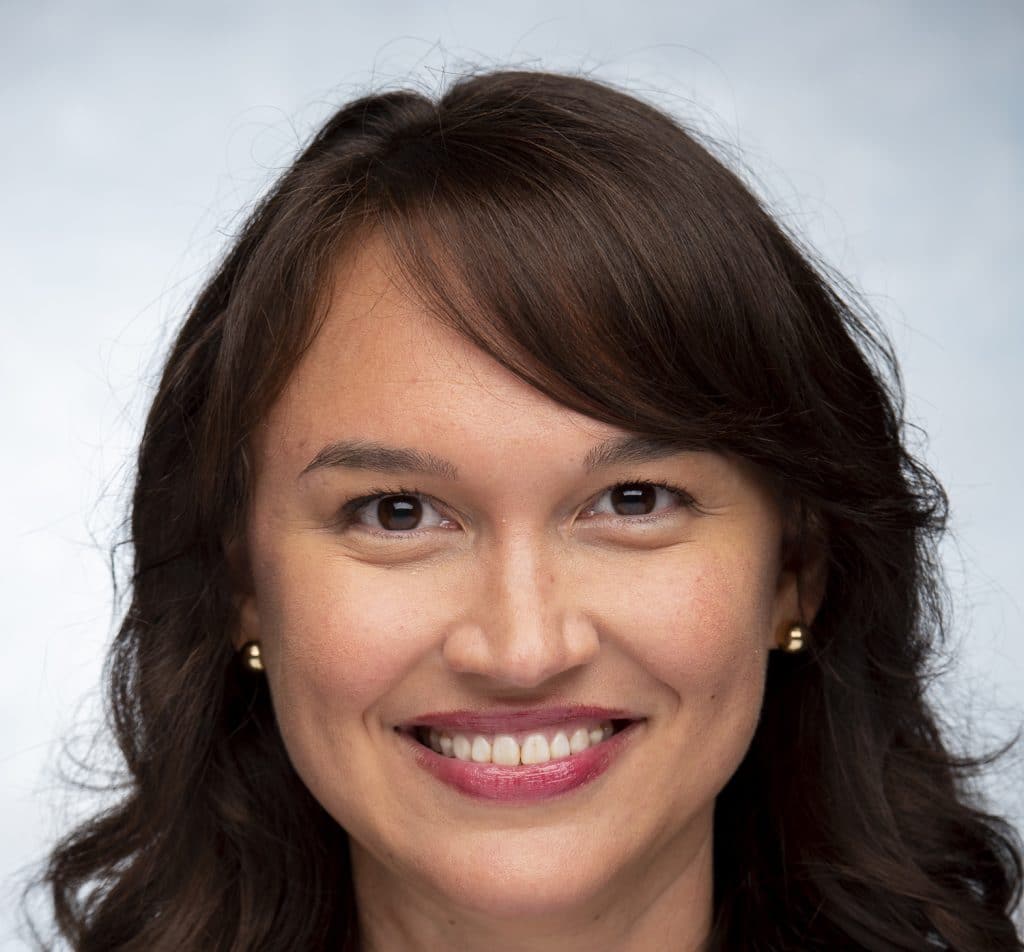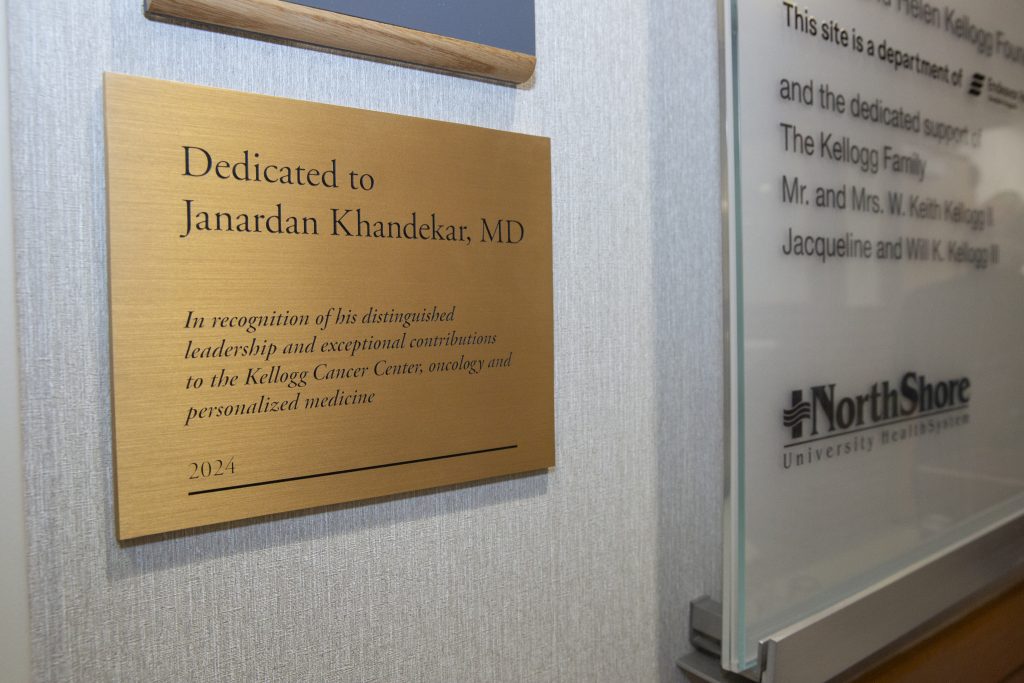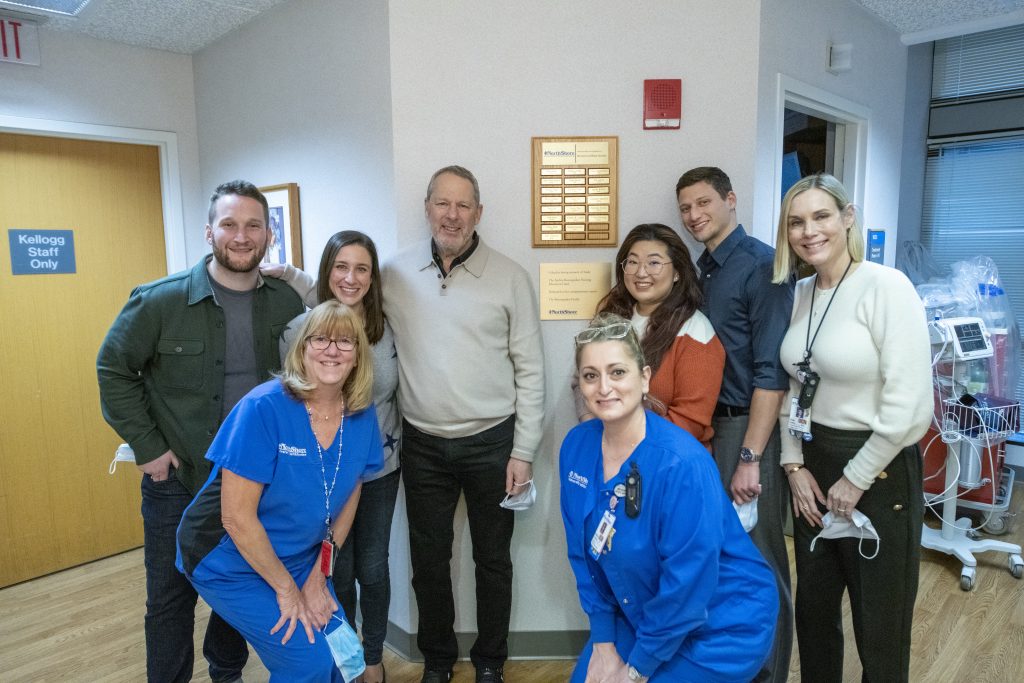Gut health is good health.
Just ask Carolina Soto Chervin, MD, PhD, a physician oncologist at NorthShore who’s researching the uncharted territory of the gut microbiome-cancer-immunotherapy connection.
Recent scientific research has linked poor gut microbiome—the delicate balance among the trillions of microorganisms in the digestive tract—with everything from obesity and depression to chronic diseases. The good news is the reverse is also true: Restoring a person’s gut health can offset many conditions and, when integrated with immunotherapy, can potentially transform cancer treatment.
The Gut Health-Cancer Connection
Gutmicrobiome is one of the most promising scientific discoveries in human healthcare in recent decades, but it’s still in its infancy. Dr. Soto Chervin is leading the research at NorthShore and is specifically looking at microbiome-based interventions in cancer immunotherapy.
A NorthShore physician oncologist since 2021, Dr. Soto Chervin earned an MD and a PhD from the Medical Scholars Program at the University of Illinois Chicago College of Medicine at Urbana-Champaign and completed an internal medicine residency in hematology/oncology at UChicago Medicine.
So far, Dr. Soto Chervin and her team at NorthShore have found that the interplay between the microbiome and immune system can impact a patient’s responses to immunotherapy, particularly immune checkpoint inhibitor therapy. Gut health plays a crucial role in overall health, including immune health.
Infinite Healing Potential
This new and exciting territory has infinite healing potential. In fact, findings from this research could address everything from counteracting the unpleasant gastrointestinal side effects of cancer treatment through targeted pre- and probiotics and diet changes to enhancing treatment response through bacterial or fecal transplants.
Dr. Soto Chervin’s discoveries will help drive the clinical design of microbiome-based interventions in the field of oncology. “It’s such a dynamic time to bridge cancer care and research and to use our expertise to help tailor and individualize treatments for our patients,” she said. “The more research we’re able to do, the more we’ll be able to transform the kinds of therapies we can offer. This will really expand our cancer care.”




